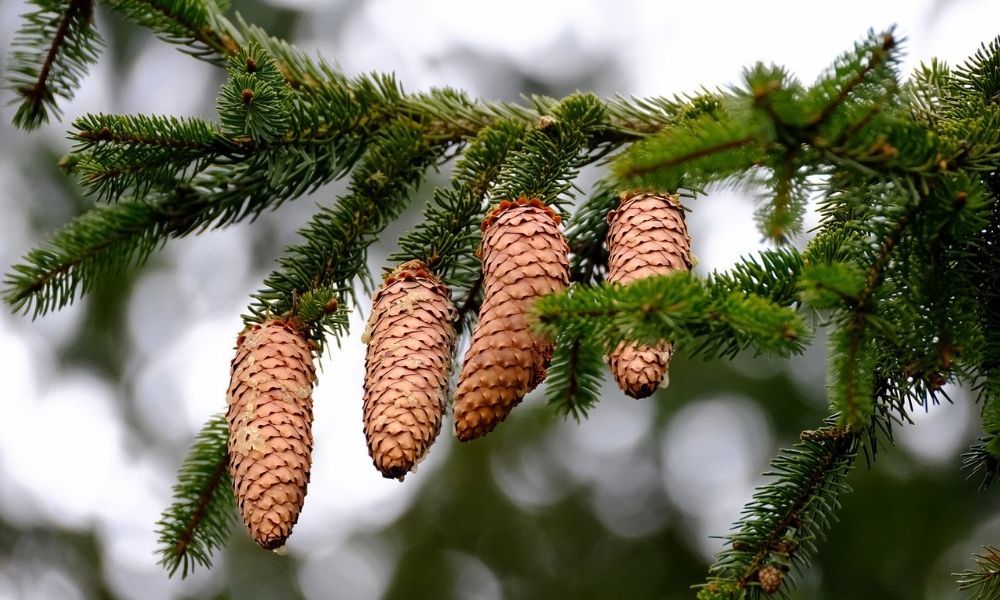
Packaging is a communication instrument between businesses and end consumers. But it contributes to more than 60 per cent of the global solid waste and impacts the environment, as it involves a large amount of plastic. However, sustainable packaging is the way forward, and IIT Roorkee has taken a step ahead.
The researchers of the prestigious institute have developed ethylene scavenging functional paper from pine needle waste to create sustainable packaging materials in the future, reported India Today. Creating an eco-friendly substitute was proposed by Professor Kirtiraj K. Gaikwad and PhD research scholar Avinash Kumar at the Department of Paper Technology.
Eco-Friendly Substitute
Reportedly, Uttarakhand produces around 1.3 million tonnes of pine needles waste. The layer of dry pine needles in the forest areas is the primary cause of forest fires that happens almost every year. The burning of these needles results in the formation of combustible hazardous to the environment. Putting these needles to use requires a lot of attention, as it has high cellulosic content (certain synthetic or semisynthetic materials). But they are perfect transforming into sustainable packaging material.
Process From Waste To Paper
According to the report, the paper-based product can scavenge ethylene gas due to the porous structure and active compound incorporated in the paper.
After harvesting, ethylene gas is made by fresh produce itself, and it helps in the ripening of fruits and vegetables in a short span, without hampering its nutritional quality. In addition, it also increases their shelf life for at least one week.
Pine Needles
They are one of the best alternatives to wood, and the paper developed from its waste would help curb deforestation. The pine needles contain 41 per cent cellulose and have high cellulosic content. "We have used the pine needle without removing lignin by sustainable route for paper development. The rise in the use of petroleum-based plastics in food packaging for years has become the source of environmental pollution, and this would help curb it," Gaikwad told the media. The project was funded by the Department of Science and Technology (DST). It is also published in the Industrial Crops and Products (an International Journal).






